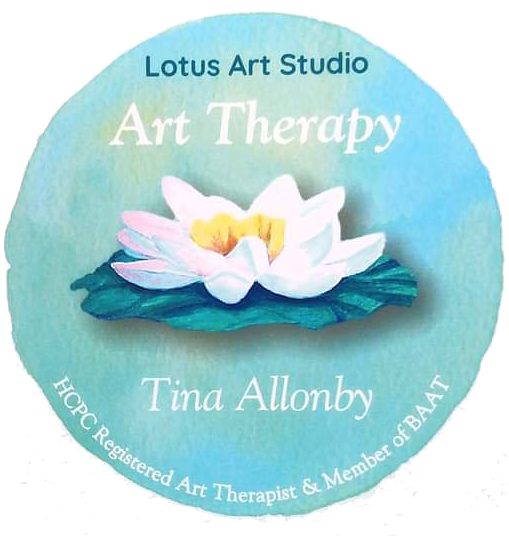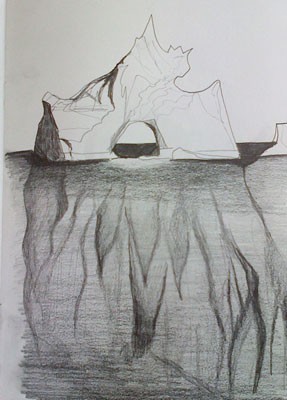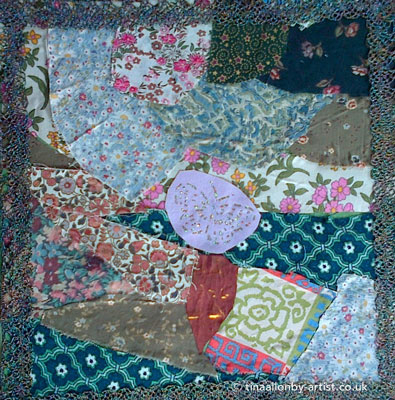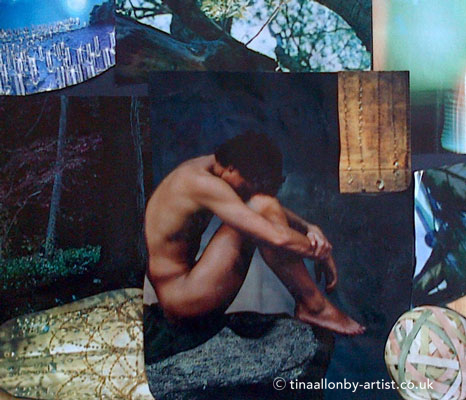HCPC Registered Art Therapist, Brighton, East Sussex
I am a self-employed HCPC Registered Art Therapist & Member of the British Association of Art Therapists (BAAT) based in Brighton, East Sussex. I qualified in 2000 at QMUC in Edinburgh and have since worked with children and young people in social services and schools, with adults in mental health day services and with older adults experiencing dementia. For the last two and a half years I have worked with children, young people and adults experiencing illness or bereavement.
healing through art-making
Art therapy is a form of psychotherapy informed by psychodynamic and integrative therapy theories and can be practised with children, young people and adult client groups.
my approach
In art therapy, as with other forms of counselling and psychotherapy, the therapeutic relationship between the client and therapist is of central importance.
Within each of us there is potential to ‘self-regulate’ and to heal. My aim is to facilitate this through my humanistic and person-centred, mainly non-directive therapy approach and by applying empathy, acceptance and a safe, contained permissiveness that promotes trust. This enables the client to explore and express any difficult thoughts and feelings through the use of art materials, images, play and talking.
I attune myself to the client’s way of working, communication and play, and sometimes a more directive approach or intervention may be required where more containment would be to the client’s benefit.
art-making
Artmaking offers another language, non-verbal and symbolic. For some clients it might be easier to use artmaking as a means of communication, expressing and finding forms for feelings.
By symbolising feelings and experiences in images, as well as being a powerful means of expression and communication it can also make these seem less threatening or overwhelming. The artmaking process and image, can then provide the focus for reflection and discussion.
Messy artmaking can represent expression of internal chaotic or angry feelings and a child’s response to art materials can often be closer to play than to purposeful image making, as in the case of working with adults.
talking
An art therapy session will vary for each client, depending on age, preference and verbal ability. Some clients will work quietly, but many clients also like to talk while they make their art.
It can feel less intense talking about things while doing something creative – significant surprises can happen in the artmaking, which the client will also want to talk about. Children often enjoy art and so art therapy can be experienced as fun as well as helping.
storage of artwork
The art images created, whatever they may be, are of great significance as a symbolic representation of inner experience. All the client’s artwork is kept safe and confidential for the duration of their therapy.
This is an important part of maintaining the boundaries, containment and record of the therapeutic process, the making of the art and the interaction between therapist and client.
At the end of working together, the client and I review the art therapy journey by looking through, reflecting on the artwork, experience of artmaking and therapy.





